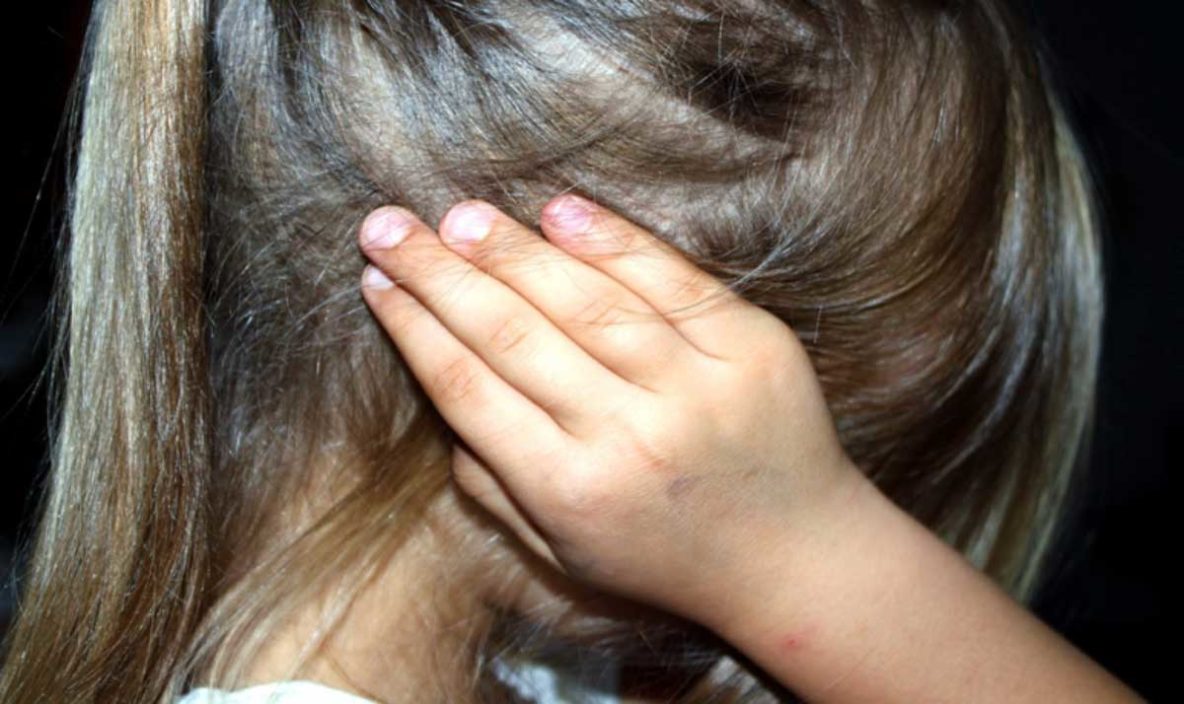Violence is everywhere in our society today and with no way to predict where and when it will happen, it provokes intense fear and anxiety in both adults and children alike. Violence is a tragic, terrifying thing to have to experience, even vicariously. We see violence everywhere—mass shootings, bombings, random snipers, etc. and there is no way to completely escape from it. As adults, we have stronger coping skills as how to handle these situations, however, children have not yet developed these abilities and their brains may start to panic. This is frustrating because senseless violence does not make sense to anybody. If it does not make sense to adults, how can we explain this to our children?
Discouraging as it may be, there are some things that we can do to alleviate some of the stress and anxiety your child may be feeling. We cannot necessarily prevent the violence, but we can arm our children with tools to take control and not feel prisoned by it. This is the first step to fighting back.
Stress to your child that people have always been at odds with each other since the beginning of time. People think differently and sometimes the only way they can express their anger is to hurt others. Concretely explain to your child that even though violence occurs, it is never OK to handle anger this way. Emphasize kindness and hope to your child. Explain that it is OK to be angry, but anger must be expressed and handled in a safe way in to ensure that no one gets hurt. Teach and encourage adaptive coping skills to your child to assist them if they are having uncontrollable feelings. Reinforce to your child that the world and everyone in it are not all bad.
Encourage your children to talk to you about their feelings regarding what they see on the news, social media, or other media outlets. Take this opportunity to guide them and give them a strong framework for the shaky, uncertain thoughts/questions they may have surrounding violence. Children need to feel safe and they need to know that there is a safe person to talk to should they need to do so. Be that person for them. If you establish an open pattern of communication with your children early on, you will have a better chances of establishing a life-long bond of trust.
Take any opportunities you may have to expose your children to some sort of front-line first responders. Many towns have police stations and fire stations that host open houses in order to give the community an opportunity to come in and see what they do in crises and violent situations in order to keep the community safe. Take your children! Let them see with their own eyes how their community works hard to protect them so they can gain a sense of safety knowing that there are people out there who help protect them and they are not helpless or alone.
Discuss your child’s school safety plans with them. Does your child’s school have a safety plan in place in the event of an emergency, such as a violent attack? Contact your child’s school to see if there is a plan in place. If not, get involved! Do you have a plan in your own house in the event of an attack? If not, create one! Education and knowledge goes a long way.
Limit your child’s exposure to media and television. This is no easy task in these days of advanced technology where any information can be found with the click of a mouse. Adults are so immune to violence and bloodshed that television shows have to compete in order to retain viewership. This is not helpful for childen and it can actually increase your child’s anxiety because it normalizes violence and gives the impression that it is acceptable. It is not. Talk to your child about this and make every effort to decrease your child’s contact with any sort of brutality.
Remember, we cannot stop other people’s choices to behave violently and hurt people, however, we do have the power to teach our children the tools and knowledge they need to know as to how to react in order to give them a deeper sense of safety.
Theresa Cipponeri is a Licensed Clinical Therapist at Life Transitions located in Macomb, MI. To schedule an appointment or hold a brief phone consultation with Theresa, contact her directly at (586) 231-7107 or email her at [email protected].

